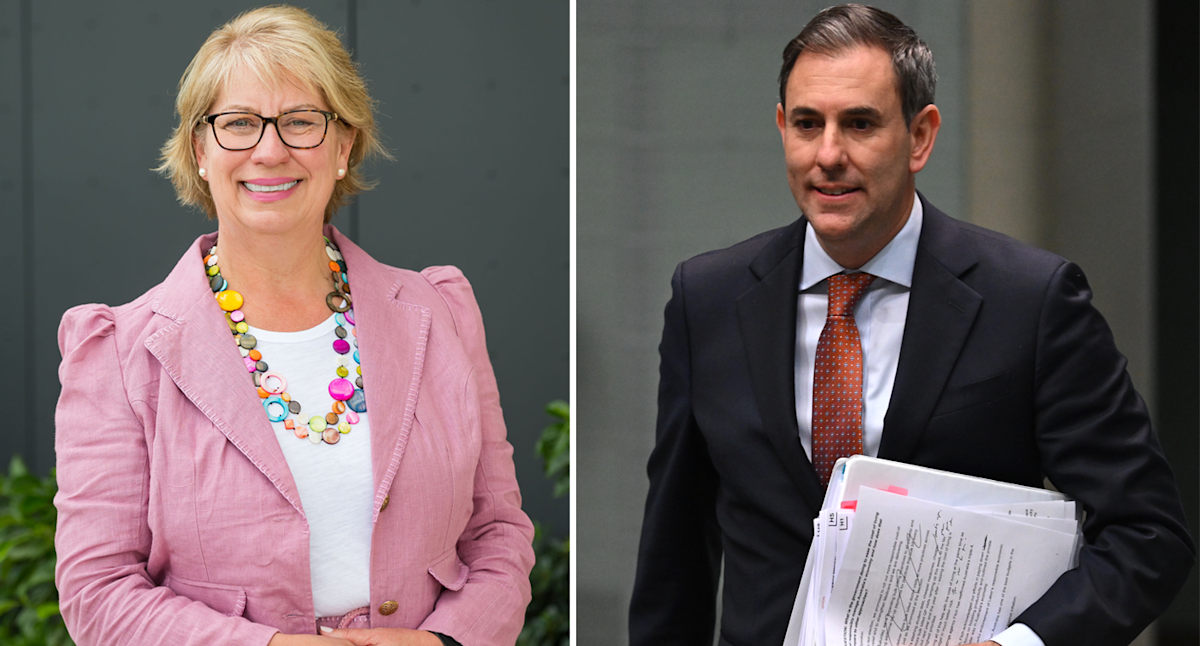Many family business operators build their wealth and retirement security through self-managed superannuation funds. (Source: Supplied/Getty)
Family businesses of all sizes, from large to small, make up 70 per cent of all businesses in Australia, employing half of the country’s workforce.
That’s why the Federal Government’s recent changes to its Better Targeted Superannuation Concessions policy is such welcome news for our sector. The Government has confirmed it will remove the proposed tax on unrealised gains and instead apply the measure only to realised earnings. It will also index the $3 million threshold, ensuring it rises with inflation and remains fair and sustainable over time.
According to our latest Family Business Barometer, 54 per cent of family business leaders say providing financial security for future generations is their top priority. This focus on intergenerational stewardship is one of the defining characteristics of the sector, and it’s why sound superannuation policy is so essential.
RELATED
These sensible revisions by the Federal Government are a major win for family businesses following more than a year of strong, evidence-based advocacy from across the sector. It was consistently highlighted that taxing unrealised gains would have penalised responsible investors, undermined succession plans, and in some cases, forced the sale of long-held family assets such as property to pay tax on paper profits that were never realised.
Family businesses don’t think in quarters, they think in generations. They make decisions that prioritise stability, legacy and income for family members over a short-term gain. Many build their wealth and retirement security through self-managed superannuation funds, which have been encouraged by governments for decades as a responsible way to save for the future.
When governments change laws that affect long-term investments it creates uncertainty – the enemy of good decision-making. The original proposal to tax unrealised gains was just not good policy. It ignored how 70 per cent of Australian businesses plan and invest and would have created enormous strain on those who had acted in good faith under the existing system.
Family businesses make prudent, long-term choices, exactly the kind of behaviour we should encourage for our country’s prosperity, especially considering they employ half of all working Australians. The original proposal would not only have hindered business owners, but the staff they employ.
Australian Treasurer Jim Chalmers walked back parts of the ambitious reform last month. (Source: AAP) · AAPIMAGE
Family businesses are different. They balance family and business interests, plan succession across generations, and carry a deep sense of responsibility to employees and communities. Their strength lies in values: 73 per cent of family businesses attribute their success to strong family values, 68% to dedicated employees, and 56 per cent to loyal customers.
Continued engagement between government and the family business sector is vital to ensure policies designed with good intentions don’t have unintended consequences. The Government’s decision to listen, consult, and revise its approach on superannuation is a strong example of how that partnership can deliver real results.
At Family Business Association, we will continue to work constructively and collaboratively with government so that policy reflects the realities of running a family enterprise where long-term planning, not short-term thinking, drives decisions.
Family businesses aren’t asking for special treatment, just fair, stable, and sensible policy that recognises how they contribute to Australia’s success. Removing the tax on unrealised gains and indexing the threshold are positive steps that restore confidence, reward prudence, and support generational planning.
Catherine Sayer is the CEO Family Business Association
Get the latest Yahoo Finance news – follow us on Facebook, LinkedIn and Instagram.

